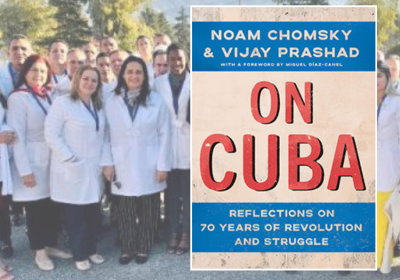
Noam Chomsky and Vijay Prashad’s On Cuba will inspire new readers about the achievements of this small country standing up to United States imperialism and providing a beacon of internationalism and solidarity, writes Stephen Langford.

Noam Chomsky and Vijay Prashad’s On Cuba will inspire new readers about the achievements of this small country standing up to United States imperialism and providing a beacon of internationalism and solidarity, writes Stephen Langford.
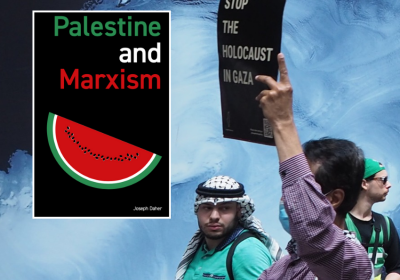
As Israel’s genocidal war on Gaza grinds on, threatening to engulf part of Lebanon and provoking Iran, Pip Hinman writes that anti-war activists will find Joseph Daher’s Palestine and Marxism an informative class-based background.
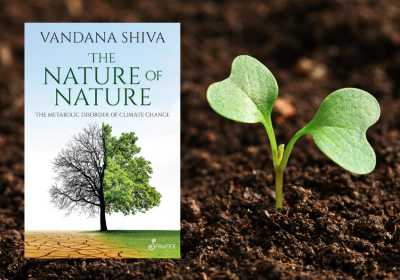
Vandana Shiva and her feminist colleague Maria Mies issued the Leipzig Appeal in 1996 to say, “No to GMOs and No to Patents on Seed”. The call echoes in Shiva’s new book, writes Niko Leka.
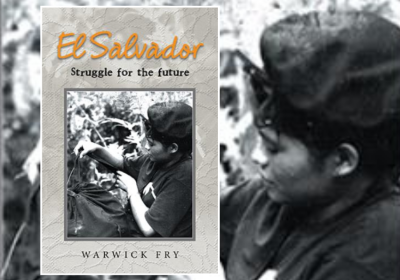
Warwick Fry’s account of El Salvador’s history, from colonialism to its post-Civil War period, is a tremendous addition to understanding this beautiful country known as the Little Toe of Central America, writes Andrew Jones.
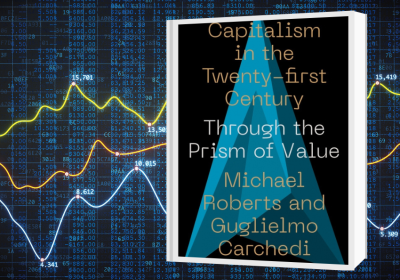
Dmitry Pozhidaev reviews Capitalism in the Twenty-first Century Through the Prism of Value, by Guglielmo Carchedi and Michael Roberts, which aims to explain 21st-century capitalism through Karl Marx’s value theory.
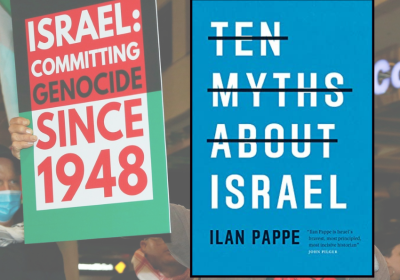
Israel has faced little condemnation from Western political elites and mainstream media for its genocidal war on the Palestinians because they uncritically accept the Zionist myths used to justify Israel’s ongoing colonisation and genocide. Ben Radford reviews Ilan Pappe's 10 Myths About Israel.
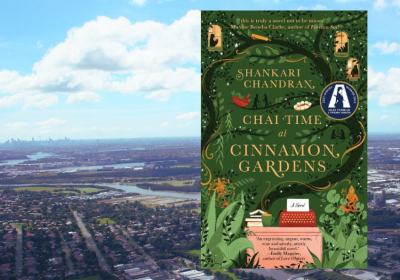
Chai Time at Cinnamon Gardens reflects contemporary Australia's migrant experience — the sadness, tragedy, but also solidarity, compassion and humanity, writes Coral Wynter.
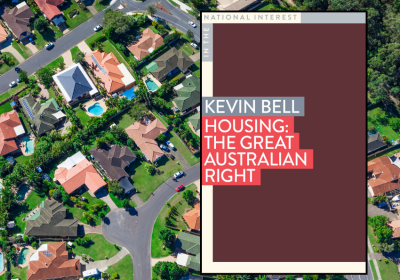
It's often said that housing is a human right. Kevin Bell's new book takes some first steps towards making it a reality in the Australian context, writes Andrew Chuter.
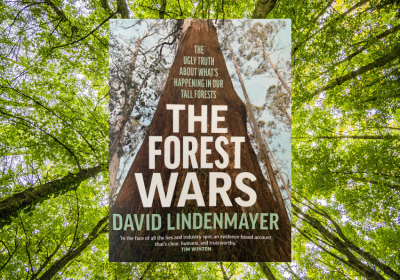
The myth that native forest timber harvesting does not increase the risk of devastating wildfires is blown apart in The Forest Wars, writes Philippa Skinner.
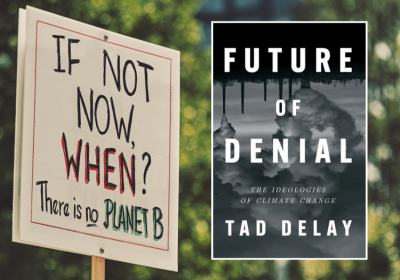
Derek Wall reviews Tad DeLay’s new book, Future of Denial: The ideologies of climate change, a Freudian Marxist take on the climate crisis that touches on how the far right is accelerating fossil fuel emissions and attacking minorities.
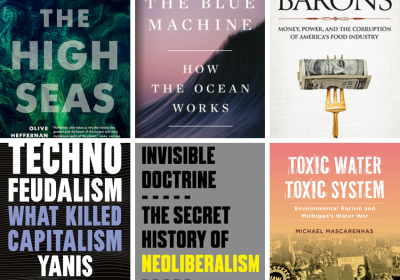
Climate and Capitalism editor Ian Angus presents six new books on neoliberal ideology, oceans in crisis, Michigan’s water wars, and the corrupt food industry.
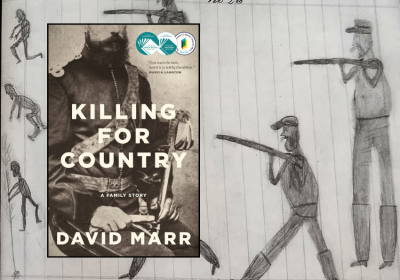
Peter Boyle reviews David Marr's Killing for Country: A Family History, a chronicle of his forebears who were deployed from 1849 to the 1920s to carry out systematic massacres of First Nations peoples in the frontier wars in Queensland and the Northern Territory.